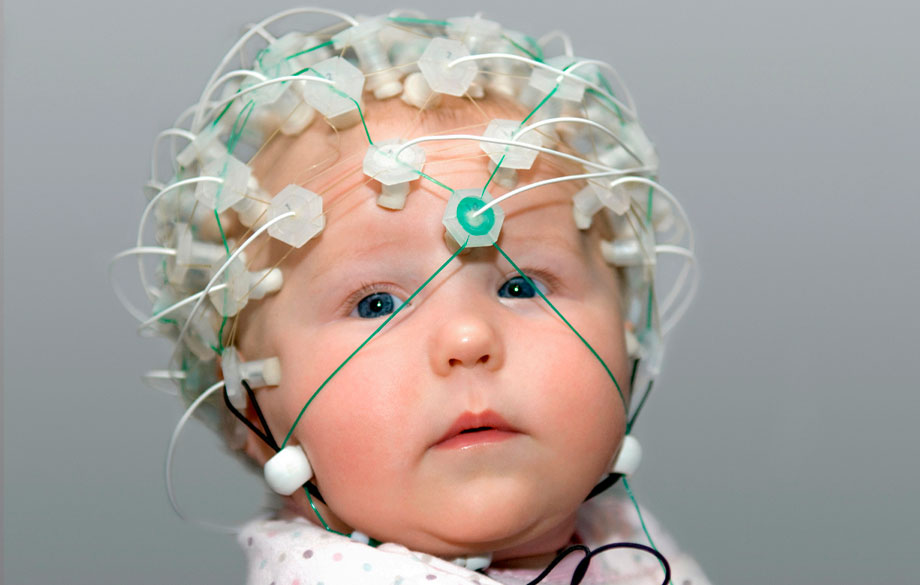Research
Implementation Science
Primeiros Laços Program Project

This study evaluates the impact of a home visitation program conducted by nurses to support adolescent mothers living under adverse conditions, promoting child development, maternal health, and a caring family environment. It addresses five key domains: (1) Health and Social Care: psychoeducation on maternal and child health, covering topics such as nutrition, hygiene, common childhood illnesses, household care, vaccination, accident prevention, and neuropsychomotor development. Additionally, nurses encourage participants to access health and social services as needed; (2) Living Conditions: nurses provide support and help identify resources to ensure adequate living conditions, safe housing, access to daycare and schools, and healthcare services; (3) Life Course: life planning applied to support participants in achieving goals, such as completing high school, securing part-time employment, enrolling in higher education, and postponing the birth of a second child. Participants’ needs and goals are discussed individually, valuing their personal aspirations and long-term objectives; (4) Parenting Skills: psychoeducation on effective parenting skills and age-appropriate behaviors for each stage of the child’s development; (5) Family and Social Networks of Support: encouraging pregnant women and mothers to recognize and make use of family and social resources — daycare , social services, leisure activities, and employment — while developing caregiving practices for their babies. Coupled with home visits, group meetings are organized to bring in fathers and/or grandparents, fostering closer connections among participants and exploring certain topics together in greater depth.
Primeiros Laços is the first study to test a nurse-led home visitation program, within this approach, for young mothers living under adverse conditions in Brazil. This pioneering study combines experimental methods with systematic longitudinal evaluations across cognitive and emotional as well as genetic and neurophysiological domains. Data confirm the program’s positive effects on significant areas of child development, including expressive language and gross motor skills. These positive outcomes are substantiated by genetic and neurobiological findings, demonstrating the program’s ability to positively influence the course of child development.


